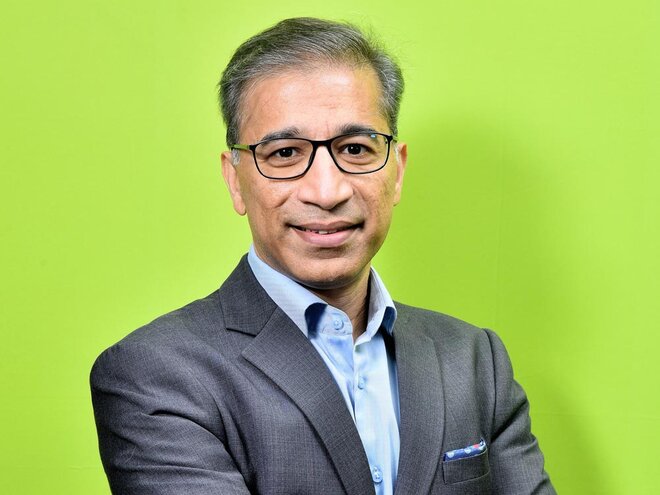
How is the increasing proliferation of direct plans and the new age platforms changing the dynamics between the three key stakeholders - the investors, the distributors, and the manufacturers (AMCs)?
Direct plans have been gaining preference among institutional clients and family offices. The other source of flows into direct plans is also due to easy access through DIY platforms, which have made investing in mutual funds easier than ever before. While institutional clients and family offices have qualified personnel to track and manage their investments, most do-it-yourself (DIY) investors may not be skilled in selecting the right set of funds as per their risk appetite and manage their investing behaviour in case markets turn volatile. It is during volatile times that the role of an advisor becomes pronounced.
The role of investment advisors is evolving beyond selection of funds and moving to managing expectations and guiding the investors through choppy waters. As Nick Murray says, "Investment performance doesn't determine real life returns, investor behaviour does". That is where the advisor matters the most. As far as AMCs are concerned, they are playing the balancing act of creating awareness of facilitating the financialisation of savings and catering to sophisticated institutional clients.
Many people these days take to equity investing by owning the stocks directly. Innovations like smallcase are further catalysing this trend. What implications do you see on the businesses of mutual funds? Can they pose a challenge to the growth story you would envision for the fund industry?
Many young investors have started investing in stocks directly over the last one year, largely due to the lockdown-induced free time, aided by the V-shaped recovery rally the markets have seen since March 2020. Another catalyst in this trend has been the latest innovations in the fintech space which have made equity ownership very easy. We don't believe this will pose a challenge to the industry growth. Investments in mutual funds and direct equity, both have a scope to grow many folds as a very miniscule percent of the Indian population invests in the stock markets.
Systematic investment plans have emerged as the preferred choice for retail investors. The total amount collected via just SIPs in August 2021 stood at Rs 9,923 crore, up by 27 per cent just from a year back and almost three times from five years ago.
Applications like smallcase have surely made equity ownership simple, but there is a difference between buying stocks for short-term gains versus investing. Besides mutual funds offer the simplest investment product, considering the amount of efforts required to select a smallcase and periodically rebalance/exit it.
Our founder, Raamdeo Agrawal, recently presented how Sensex at 2,00,000 in 10 years and mutual fund AUM at 100 trillion is possible. Increasing equity ownership will only further the India story and that in my mind will be the real winner.
Rapid-fire questions:
- Investment guru/manager you admire the most: Charlie Munger
- Business leader you'd like to emulate: Jamie Dimon
- The most rewarding financial investment you've ever made: Motilal Oswal Financial Services
- Money mantra you swear by: Buy Right Sit Tight
- If not a money manager, you'd be: A research analyst








